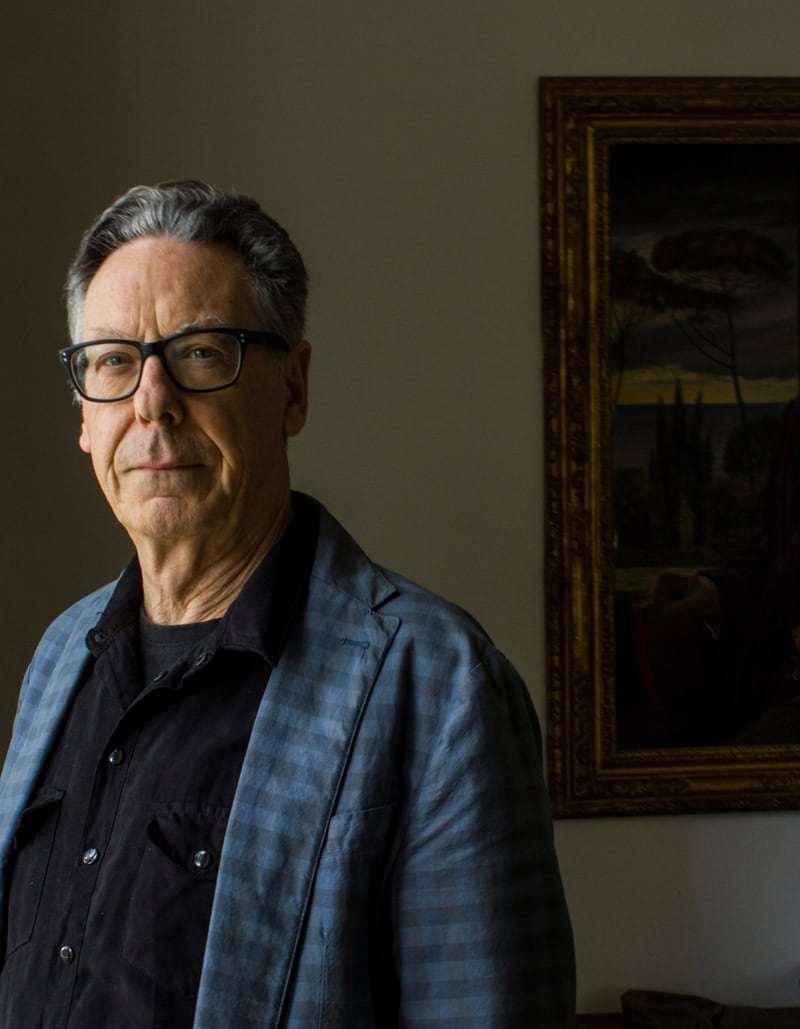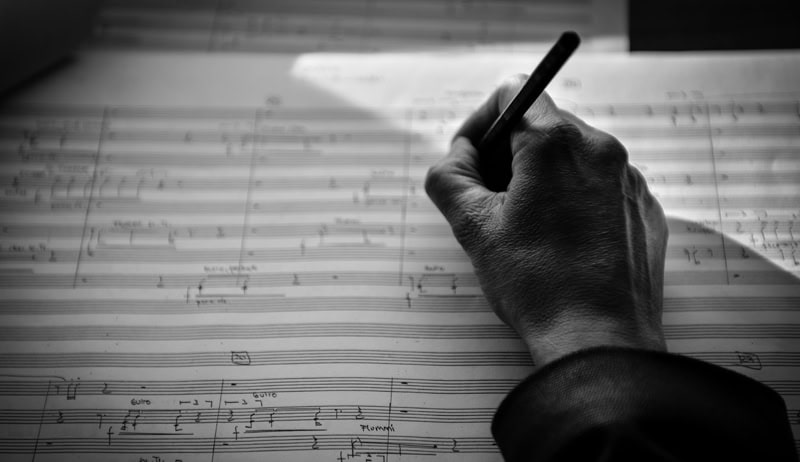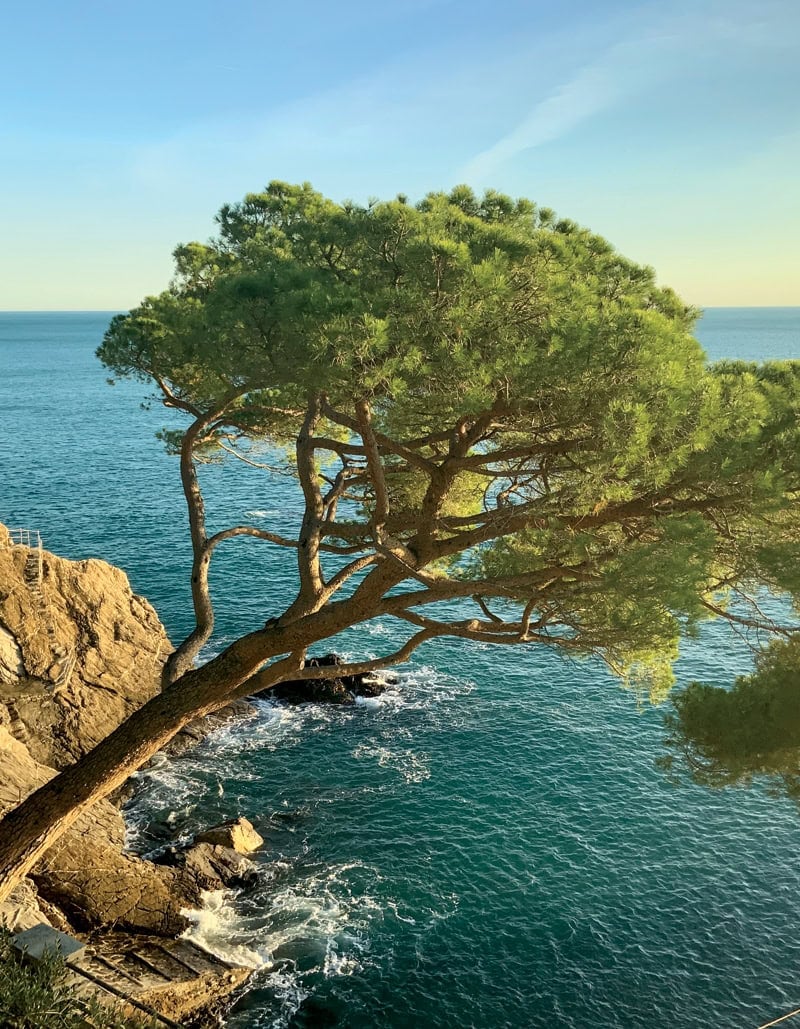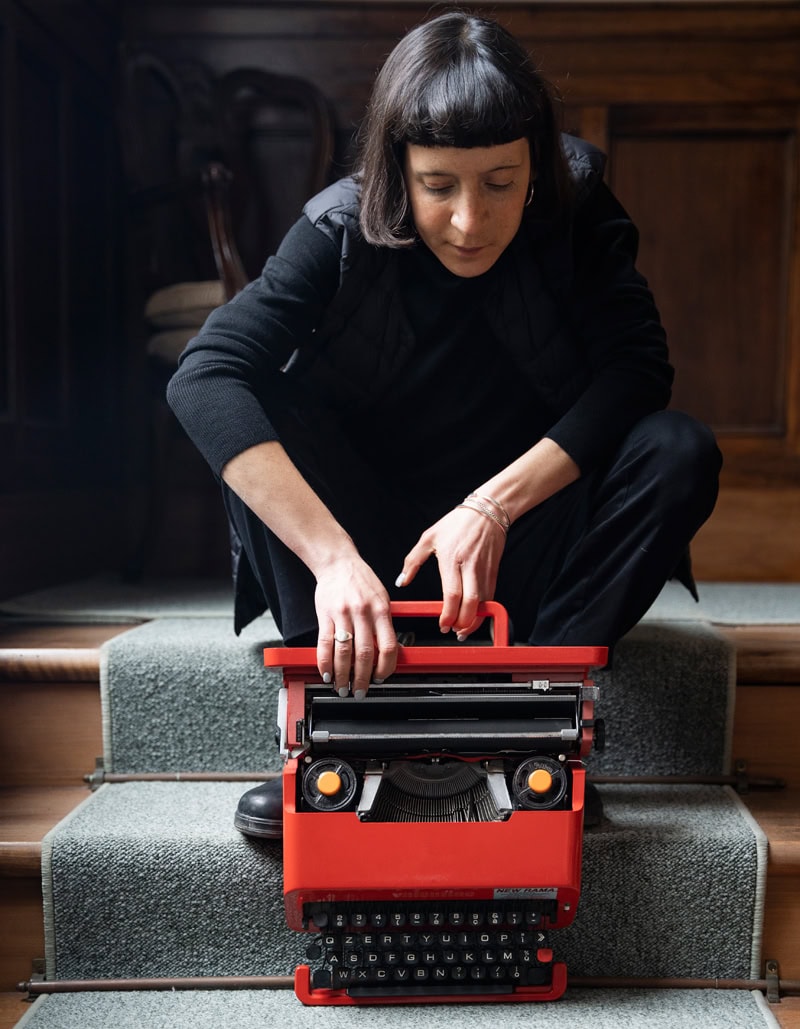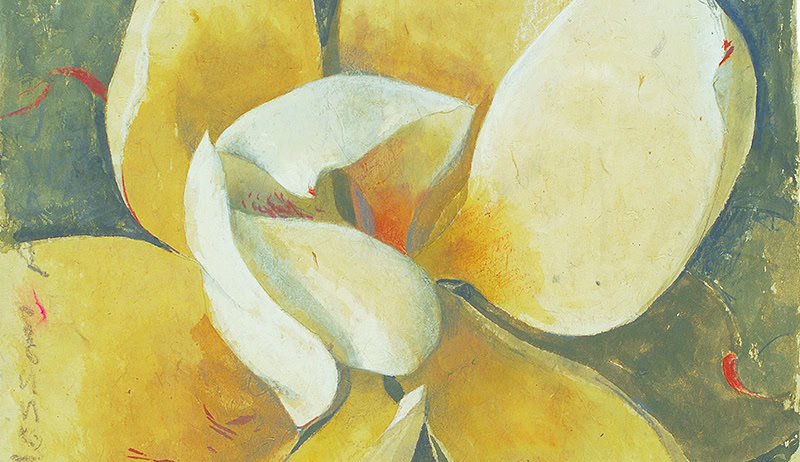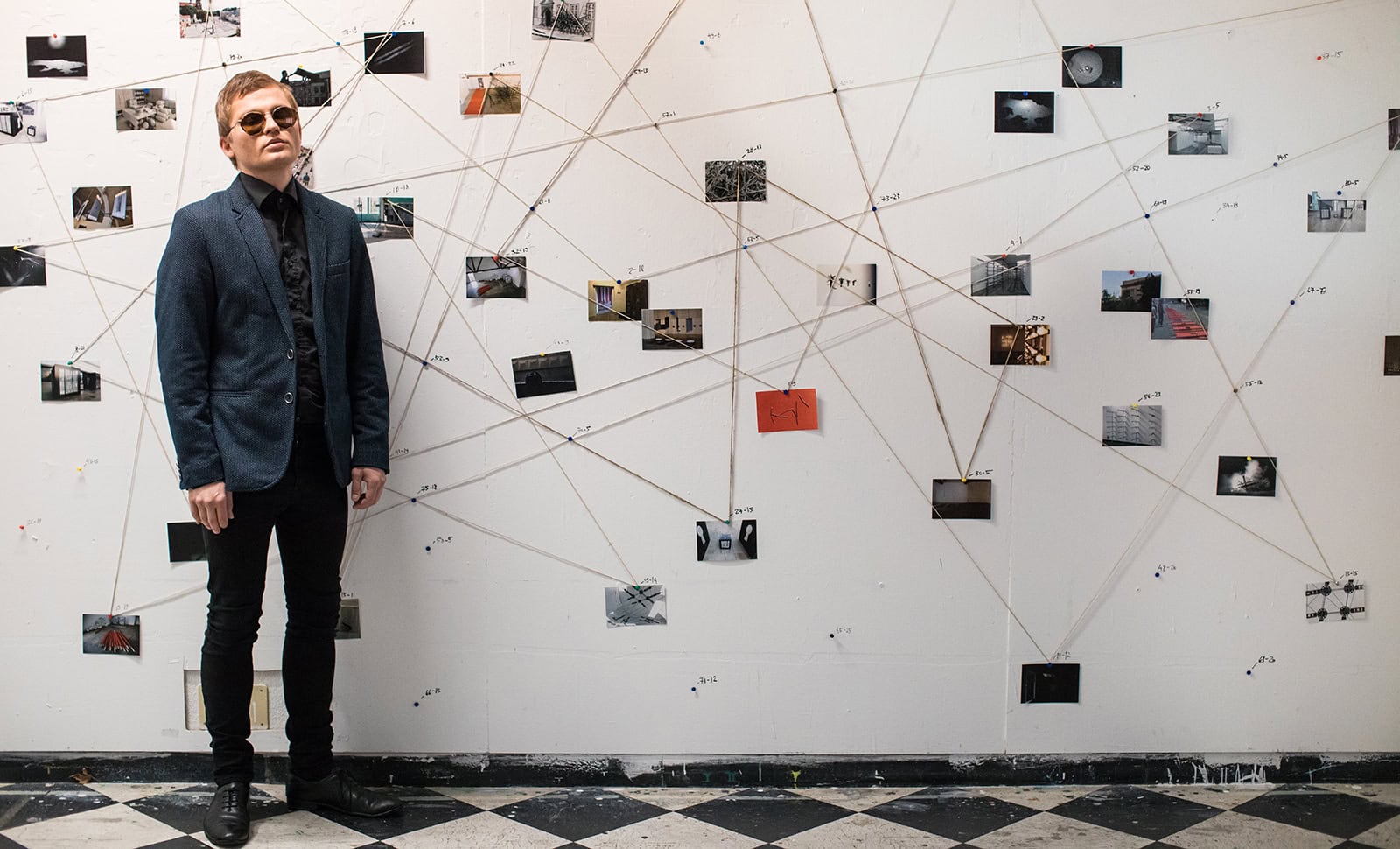
Fellows
Fellows in Residence
View All
Architecture

Constance Vale
Architect and Chair of Undergraduate Architecture, Washington University in St. Louis — United States
Constance Vale is the Chair of Undergraduate Architecture and Associate Professor at Washington University in St. Louis. She is a licensed architect and co-founder of AVV A, a collaborative practice that bridges research and built work. Vale’s creative work and scholarship explore intersections between architecture, art, theater, urbanism, and emerging technology. Her writing and design practice examine how artificial intelligence and digital tools are transforming architectural theory and methods of representation.
Historically, interior space and textiles have been marginalized within architectural discourse, often overlooked in favor of exterior form and structure. The historical association of interiors and textiles with “women’s work” has contributed to their relative neglect by architectural historians and preservationists. Constance's proposed project foregrounds interiors and textiles as vital components of architectural discourse. Using photographs and 3D scans of stone fortifications and intimate interior spaces, she will create diaphanous architectural interventions. During the day, sunlight will emphasize the facade, while at night, artificial light will reveal interior depths—producing an atmospheric inversion of visibility. The result will be a spectrum of spatial conditions: opaque and translucent, hard and soft, public and private.
Dance
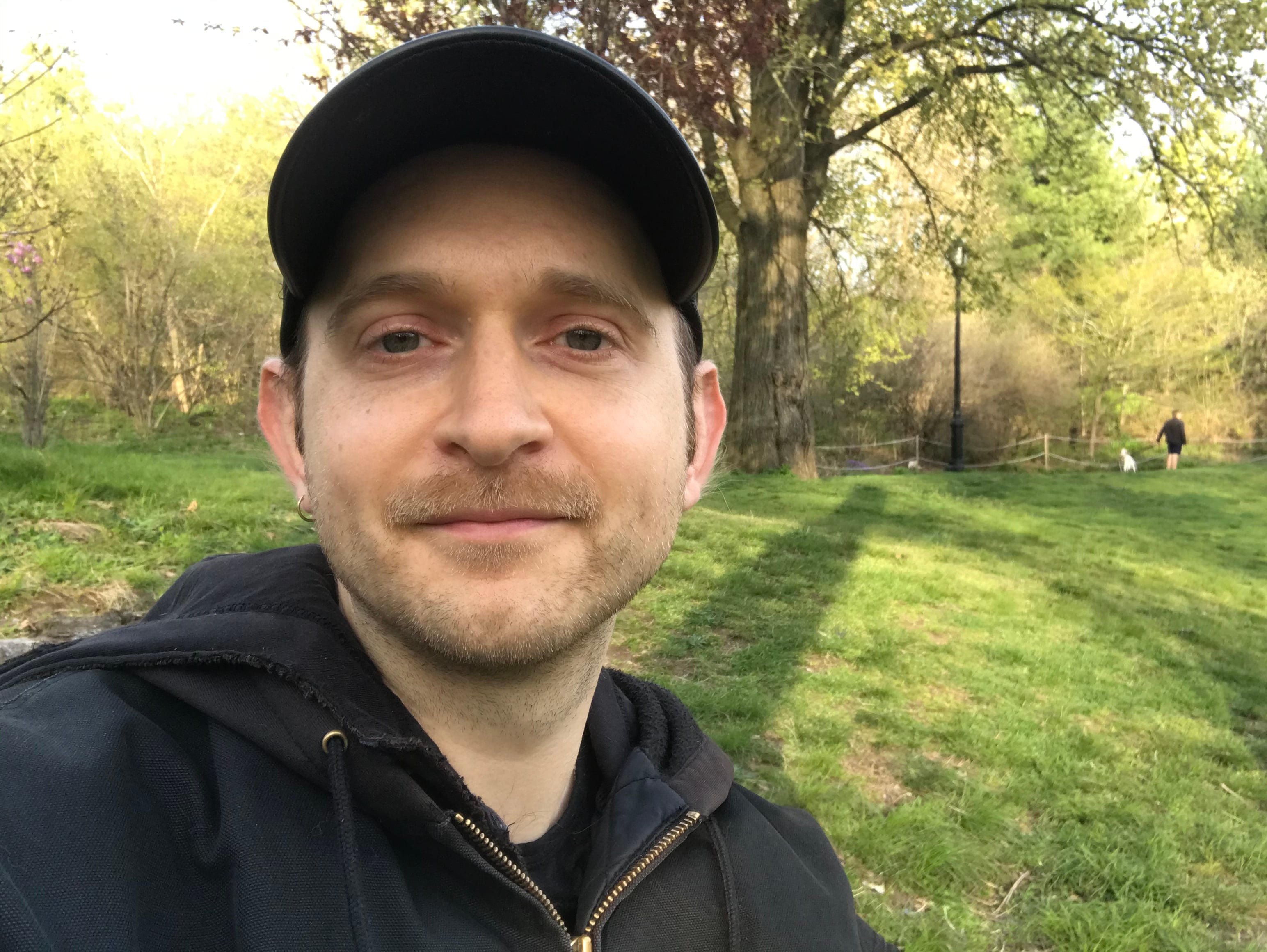
Alex Rodabaugh
Choreographer, Dancer, and Performer — United States
Alex Rodabaugh is a choreographer, dancer, and performer from Lima, OH, based in NYC. Alex's work has been shown at River to River Festival, Dance & Process at the Kitchen, American Realness, Draftworks at Danspace, PRELUDE, and Movement Research at Judson Church. Alex performed n-1 as a 2024 Artist-in-Residence at Center for Performance Research. Alex has performed in works by Moriah Evans, Simone Forti, Tess Dworman, Miguel Gutierrez, Ishmael Houston-Jones, and Bailey Williams.
Break-Up Tunnel Vision Infinity, Nth Edition is a dance with four dancers originally from the Midwest, currently based in NYC, who have traveled with and performed in editions of the dance between Alex's hometown, Lima, OH, and NYC beginning in 2019. These dances are a search for meaning in a splintered American reality between a large city and a small town. After a failed hero’s journey of returning this dance to his hometown, Alex will work toward premiering the final edition in NYC.
Film/Video
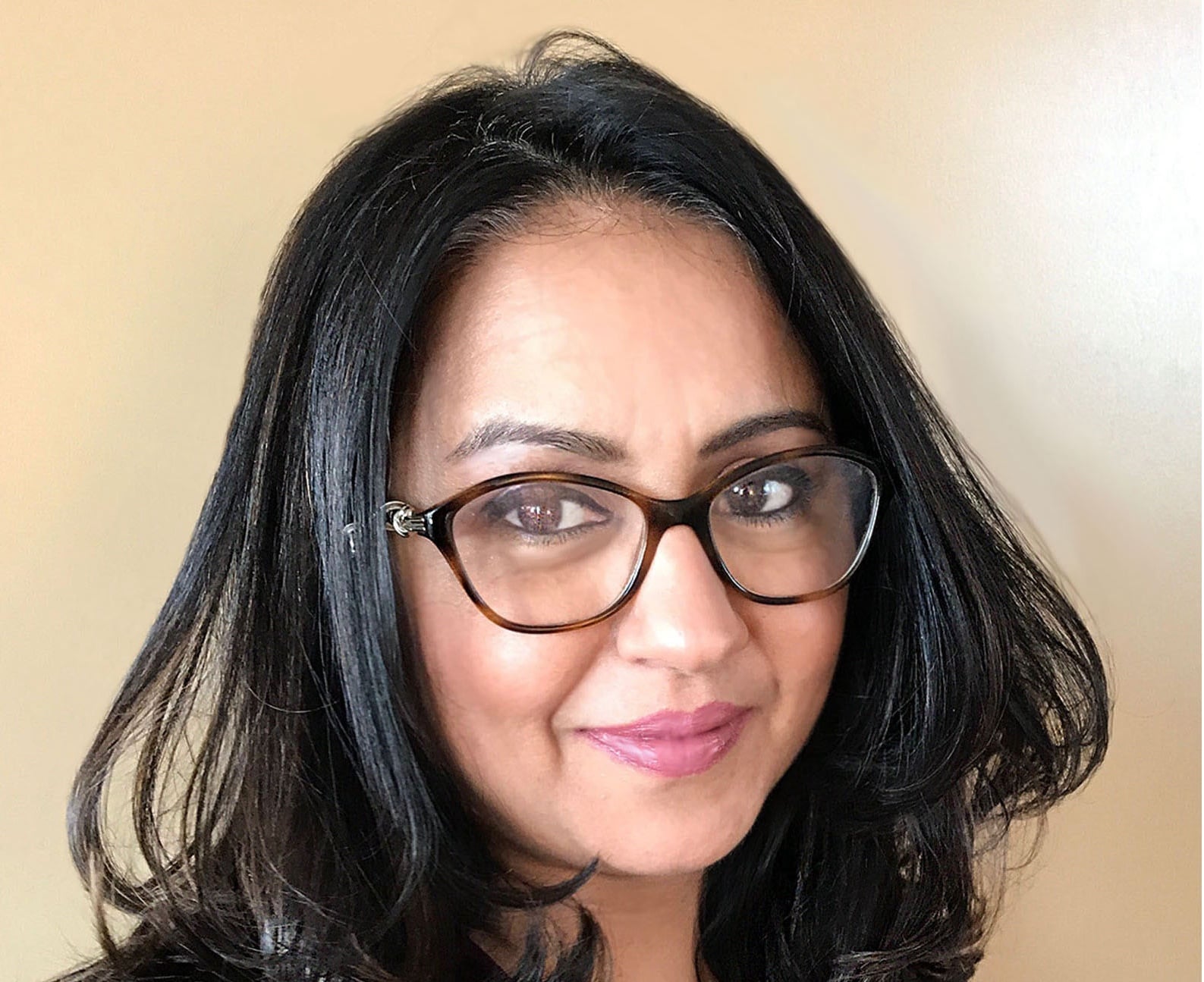
Sabrina Dhawan
Screenwriter and Professor of Film, NYU Tisch — United Kingdom/India/United States
Sabrina Dhawan is the screenwriter of Monsoon Wedding, which won the Golden Lion at the Venice Film Festival and was nominated for a Golden Globe and BAFTA. Other work includes Cosmopolitan (PBS), Kaminey and Ishqiya and the Monsoon Wedding stage musical (Berkeley Rep). She has written for 20th Century Fox, HBO, Netflix, Disney, Fox Searchlight, ABC Family, Killer Films, UTV and Excel Entertainment for whom she’s developing Chardi Kala. She is a Professor at NYU’s Tisch School and has taught across the US, India, Uganda, Tanzania, Singapore, and Qatar.
Set in 1983 Delhi, India, Sabrina will be working on a screenplay with multiple narratives. The lives of ambitious, spineless bureaucrats, and their unraveling family lives; their domestic staff edging toward rebellion, and their convent-schooled teenagers confronting shame and sexual desire. All told in the backdrop of a socialist country that is on the cusp of sweeping liberalization and change – and the seismic aftermath of the assassination of a Prime Minister.

Upcoming Fellows
View All
Dance
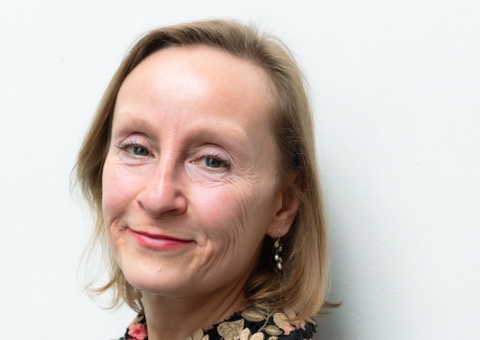
Sasha Ivanochko
Choreographer and Psychotherapist — Canada
A choreographer, educator, and arts leader, Sasha Ivanochko has shaped Canadian contemporary dance for over 30 years. Her critically acclaimed work has toured internationally, and her contributions to the field have been recognized with numerous awards. Most recently, she was appointed to the 100th Class of Guggenheim Fellows. Ivanochko is also a psychotherapist-in-training, working at the intersection of art and mental health and wellness.
“Ritual: An Ancestral Conversation” examines the encoded rituals of my Canadian Ukrainian heritage, developing a contemporary choreography that embodies these forms as a dance of resistance to cultural erasure. During her residency, Ivanochko will refine a movement vocabulary that weaves traditional and contemporary forms, investigating how ritual shapes identity and practice. This process deepens her engagement with cultural transmission in performance.
Film/Video

Robert Epstein
Filmmaker, Director, and Author — United States
Rob Epstein was a full professor at California College of the Arts for twenty years, where he co-founded the MFA Film Program, served as co-chair of the Film Program, and is now professor emeritus. He has also been a visiting professor in the Graduate Film Program at NYU’s Tisch School of the Arts. He has served on the Board of Trustees of the Sundance Institute and BAMPFA, as well as three terms on the Board of Governors of the Academy of Motion Picture Arts and Sciences representing the Documentary Branch. Rob was recently awarded an Honorary Doctorate of Fine Arts from California College of the Arts. Over the years, Rob and collaborator Jeffrey Friedman have amassed hundreds of hours of archival material: pre-interviews, outtakes, and other never-before-seen footage. Together, these materials constitute a significant historical record, tracing the evolution of LGBTQ+ identities from the 1970s to the present. They document pivotal events, including the election and assassination of Harvey Milk and the AIDS epidemic—moments that galvanized the queer community and shaped its identity. Among the videotaped pre-interviews are many individuals from the so-called “lost generation”—the cohort of gay men decimated by AIDS who would have been mentors to today’s young queer generation.
During their residency at the Bogliasco Center, Rob and Jeffrey will begin developing a long-simmering idea: a film or installation project that revisits and reimagines our archival collection, titled Outtakes.
Film/Video

Jeffrey Friedman
Filmmaker, Director, and Author — United States
Rob Epstein and Jeffrey Friedman have been making movies together for over 35 years. Their first film, Common Threads: Stories From the Quilt, won the Academy Award for Documentary Feature. This was Rob’s second Oscar, having won previously for The Times of Harvey Milk. Both films were chosen for the National Film Registry at the Library of Congress, as was Rob’s previous film Word Is Out. Rob and Jeffrey have had career retrospectives at the Institute of Contemporary Art in London, Film at Lincoln Center in New York, the Taipei International Film Festival in Taiwan, the Cinémathèque Québécoise in Montreal, and the Pink Apple Film Festival in Zurich. They are members of the Directors Guild of America and the Academy of Motion Picture Arts and Sciences. They co-authored the textbook The Art of Nonfiction Movie Making. Jeffrey has had a distinguished career editing his own and other people’s films, including two Oscar-nominated shorts and one Oscar-winning feature. He has taught in the documentary graduate program at Stanford University.
During their residency at the Bogliasco Center, Jeffrey and Rob will begin developing a long-simmering idea: a film or installation project that revisits and reimagines their archival collection, titled Outtakes.
